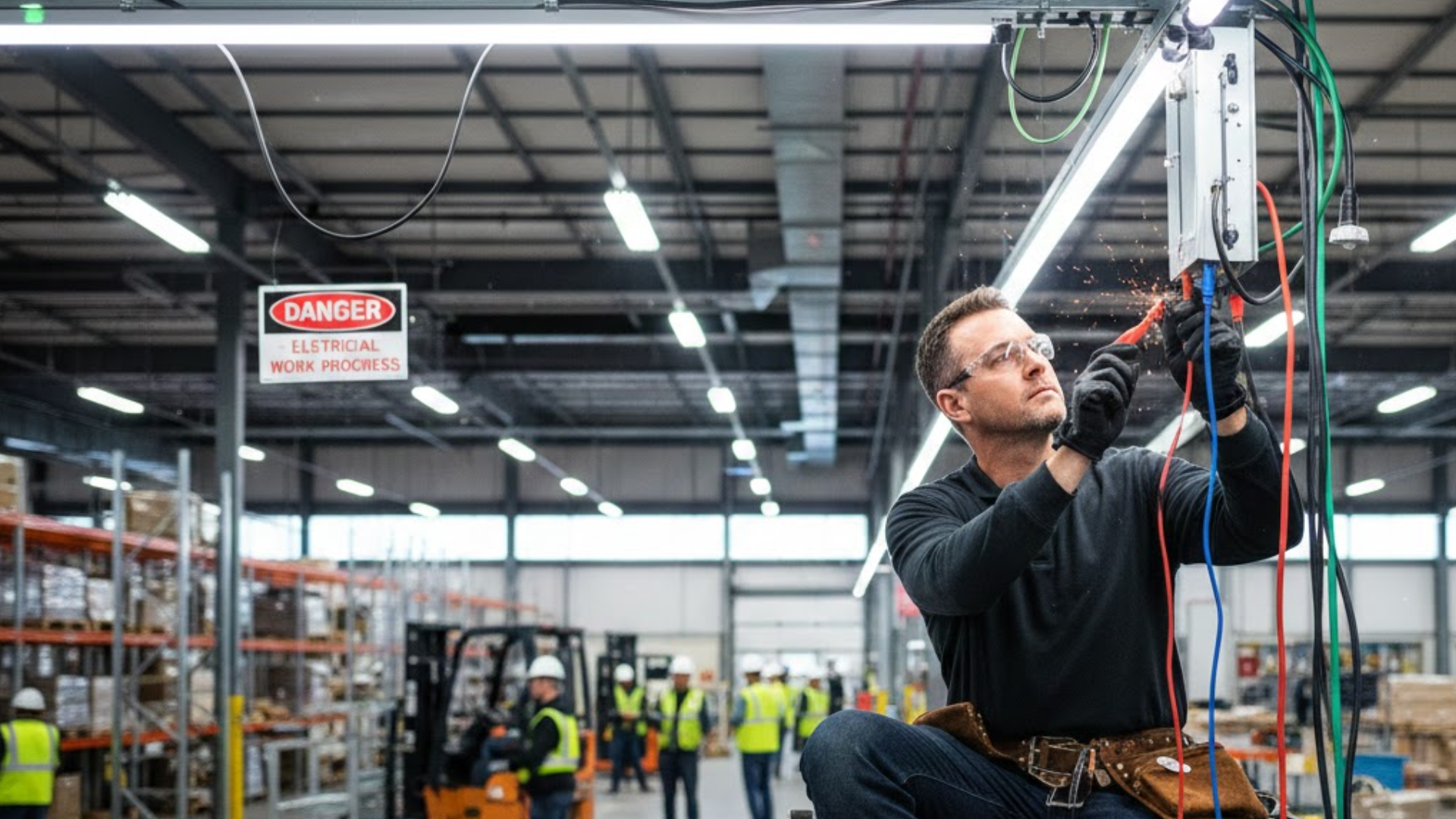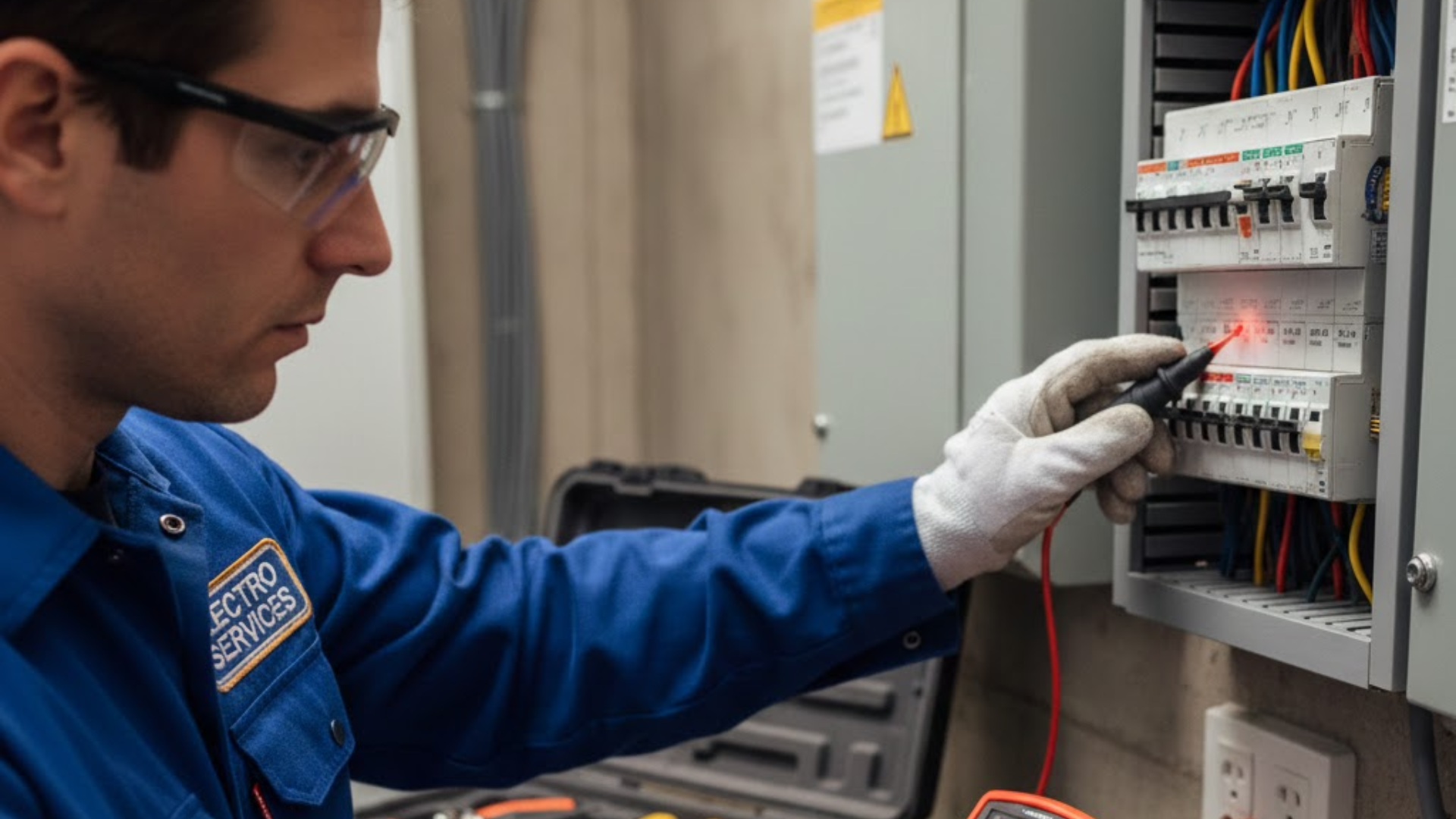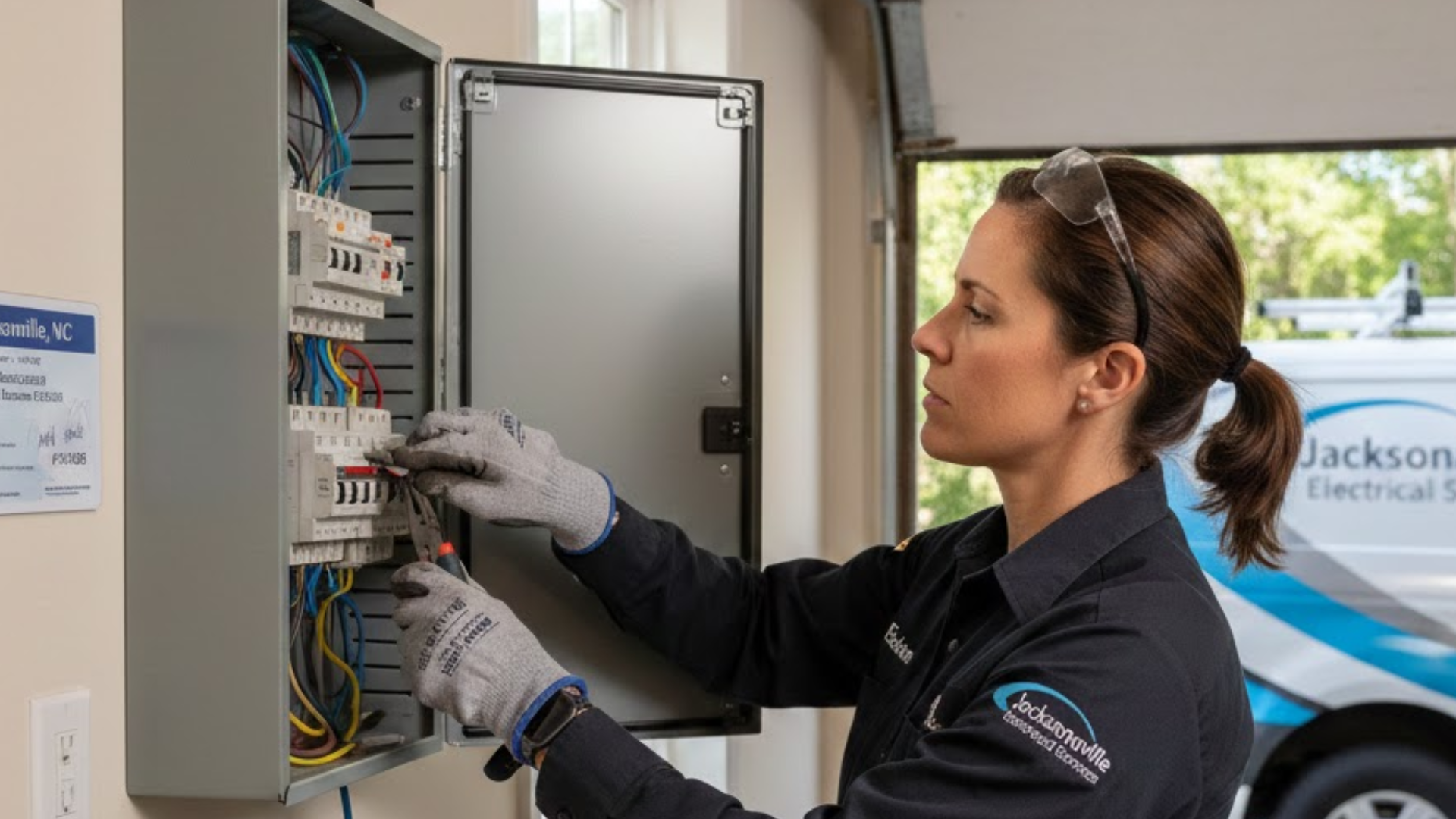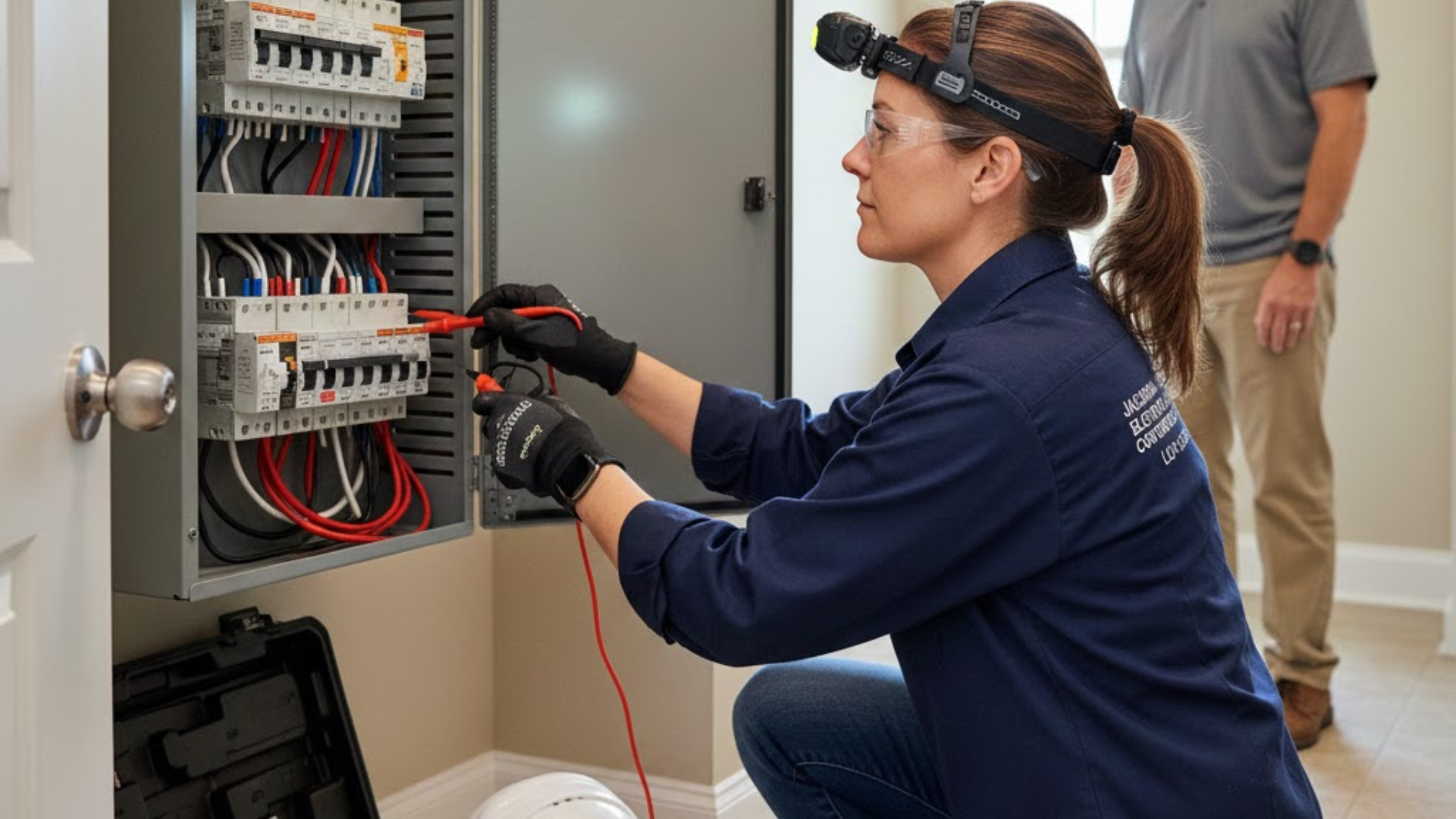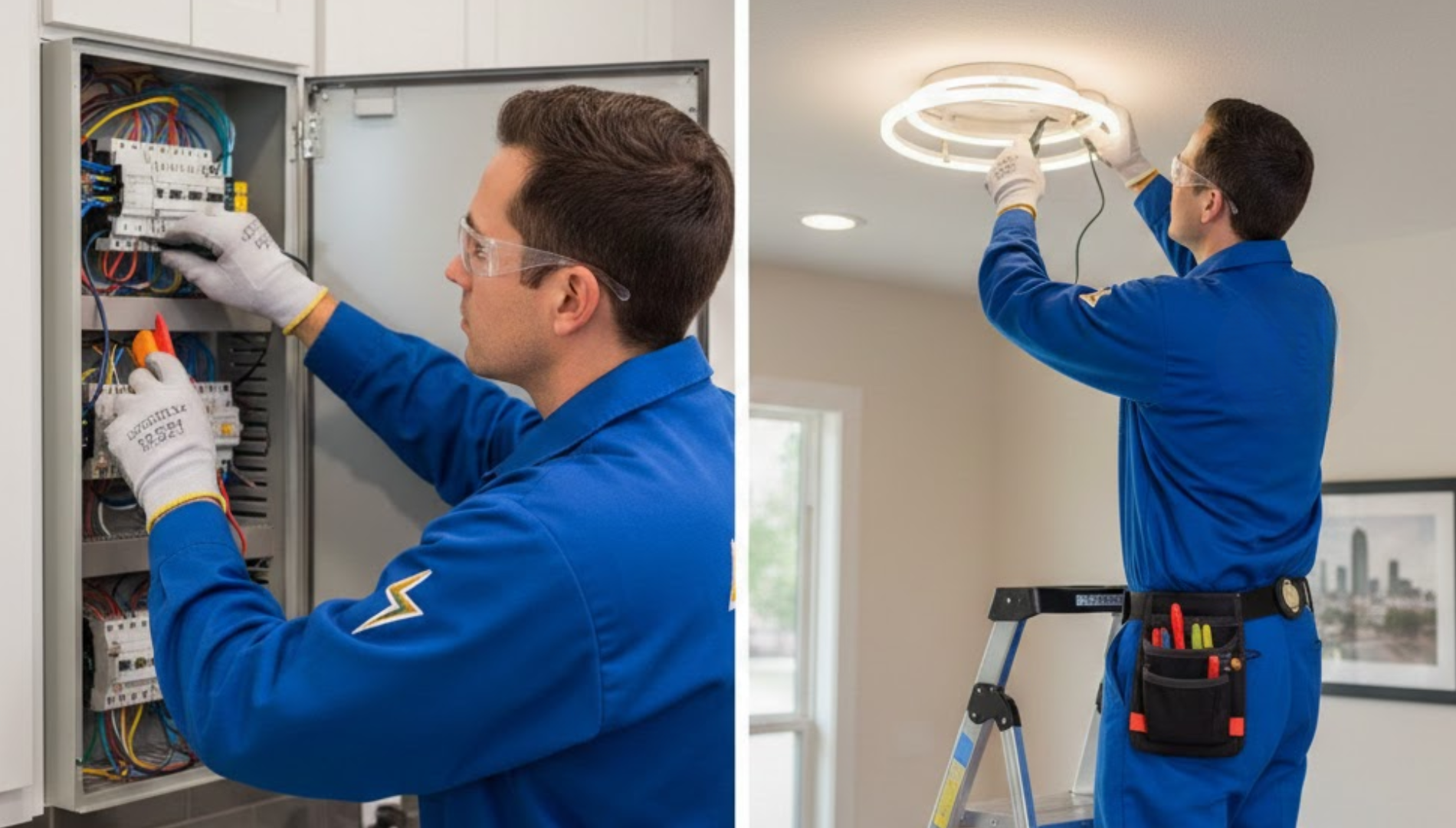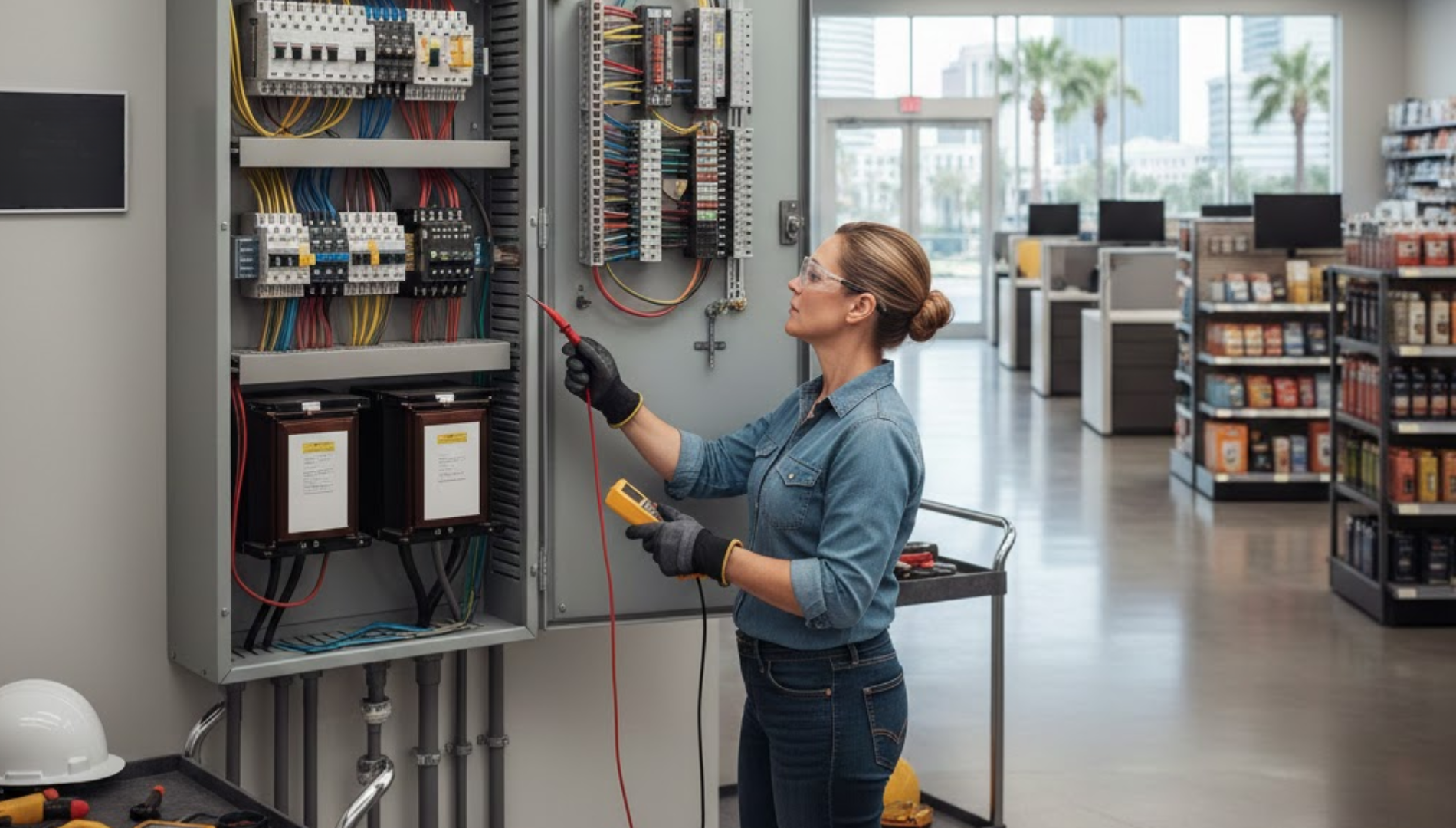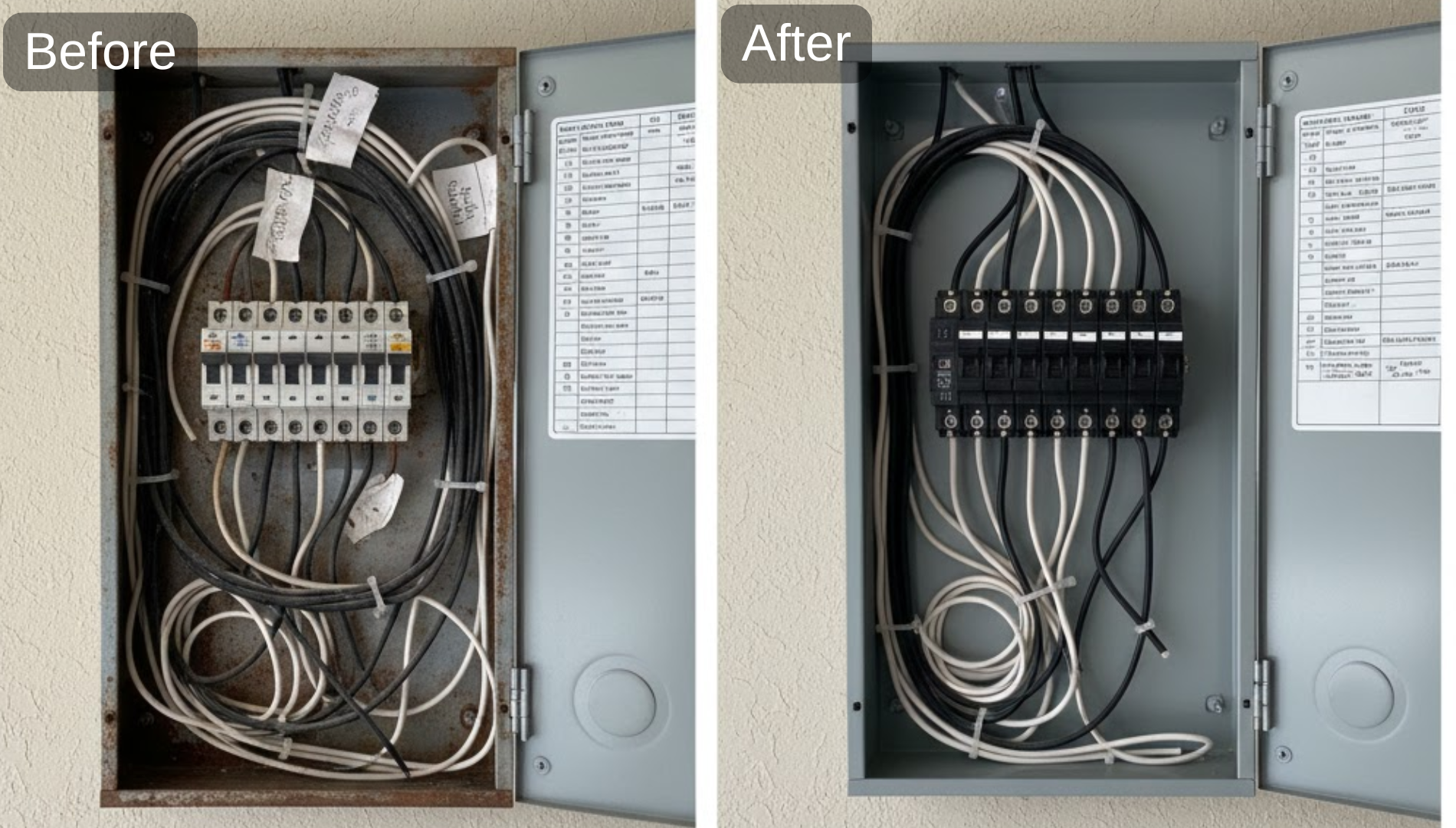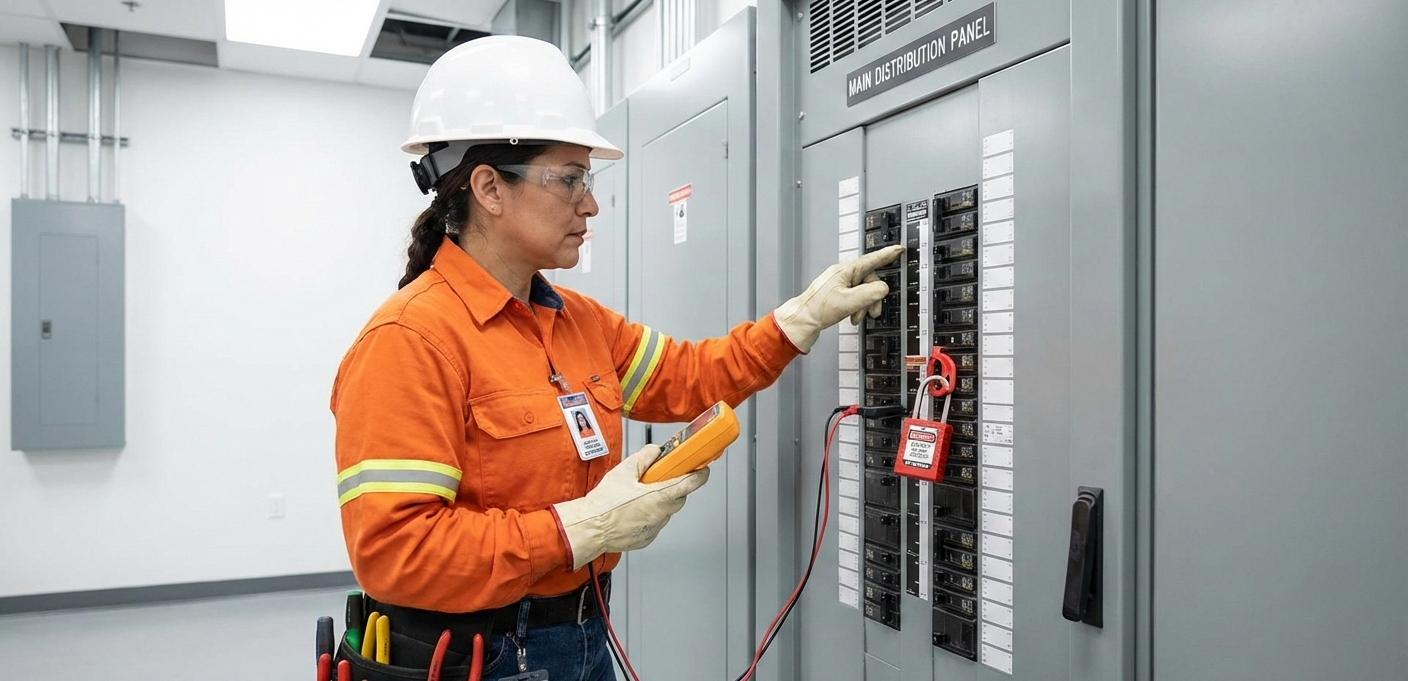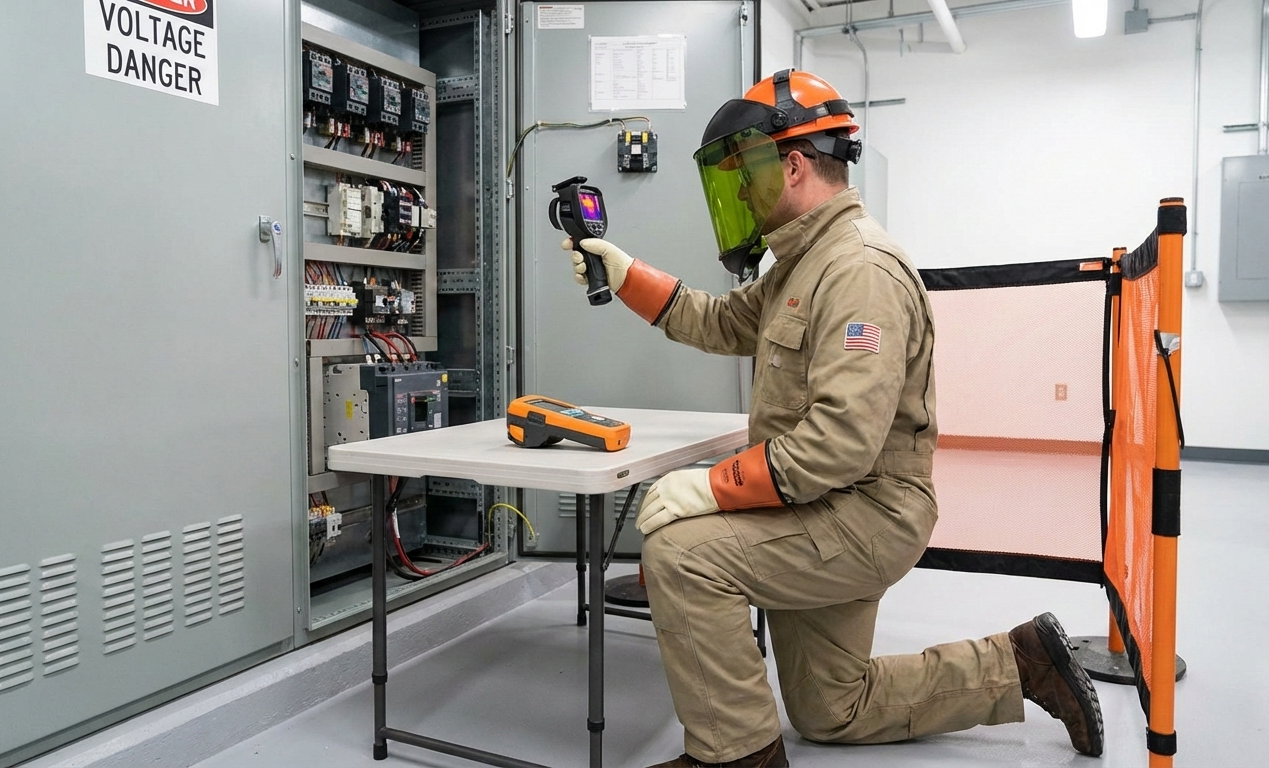Emergency Commercial Electrical Services: Key Facts to Know
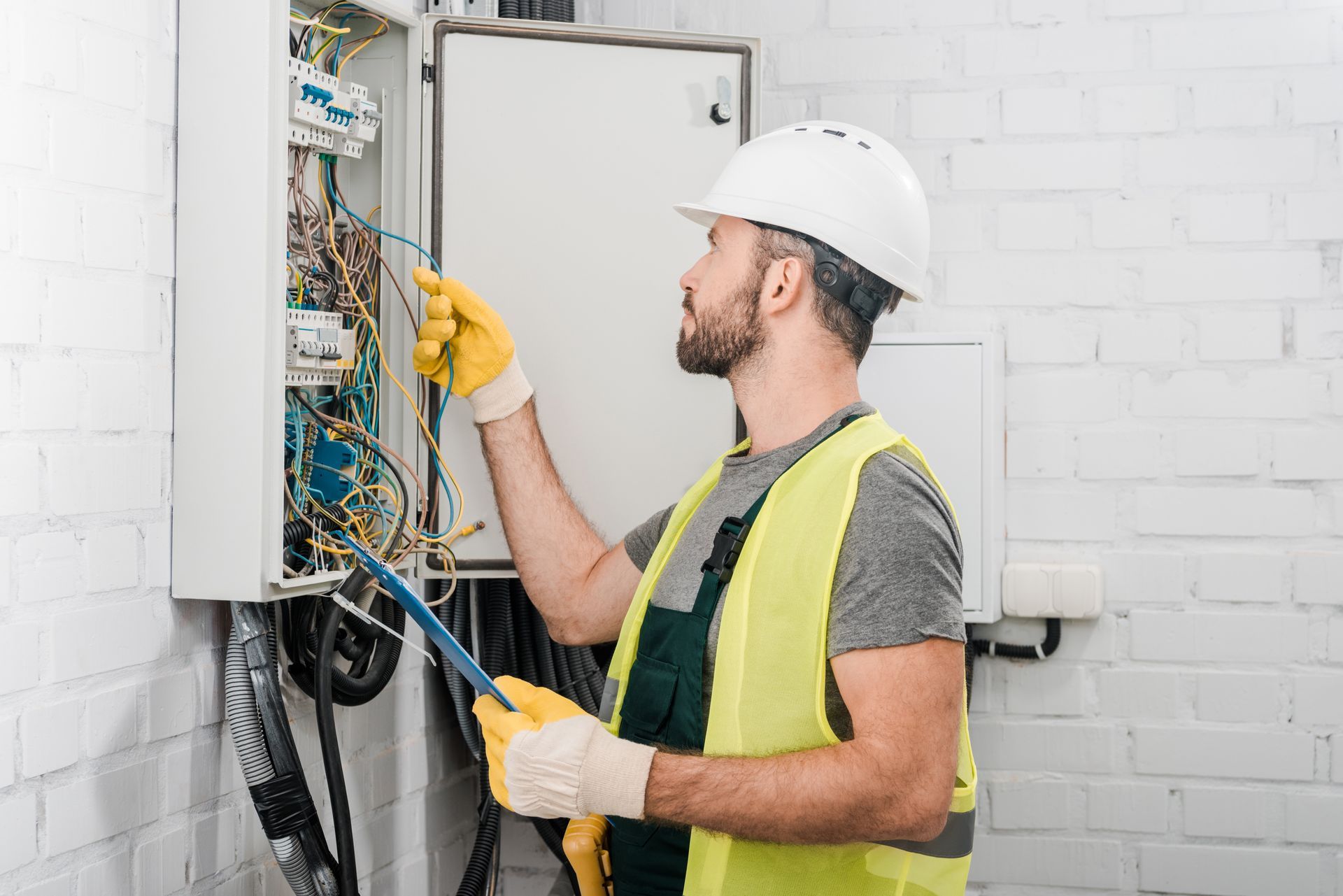
Electrical emergencies in commercial buildings can arise unexpectedly, jeopardizing safety, disrupting operations, and potentially leading to costly downtime. Knowing how to handle these emergencies and understanding the options available can make all the difference. Having access to reliable commercial electrical service is critical in ensuring that electrical problems are addressed swiftly and effectively. This guide will walk you through common electrical emergencies, the steps to take when they occur, and preventive measures that can help minimize risks in the future. Proper preparation and response are key to maintaining a safe and functional workplace.
Common Electrical Emergencies
Power Outages
Whether caused by weather conditions, overloaded circuits, or equipment failure, power outages can halt operations in a commercial building. Loss of electricity can affect safety systems, disrupt productivity, and lead to financial losses. A prompt response is critical to minimizing downtime.
Short Circuits
Short circuits occur when electrical wiring becomes exposed or damaged, leading to overheating and potential electrical fires. This is a serious hazard in commercial spaces where high-voltage equipment is in use. An emergency electrician can quickly identify the source of the short and perform the necessary repairs to restore safe operation.
Electrical Fires
Electrical fires can be sparked by faulty wiring, overloaded outlets, or improper maintenance. In such situations, emergency electrical services are necessary to isolate the fire's source, prevent further damage, and ensure the building is safe before normal operations resume.
Tripped Breakers or Blown Fuses
Commercial buildings often rely on complex electrical systems that can be overwhelmed by excessive power demands. When breakers trip or fuses blow, they can cause major disruptions. A professional will need to diagnose the cause and restore power quickly to avoid prolonged downtime.
Malfunctioning Equipment
Essential equipment like HVAC systems, elevators, and security systems can malfunction due to electrical problems. Emergency services are needed to assess and repair these critical components swiftly, ensuring that the business remains operational and safe.
Steps to Take During an Electrical Emergency
When an electrical emergency occurs in a commercial building, it is essential for building managers and personnel to act quickly and efficiently.
- Stay Calm and Assess the Situation: Avoid panic and take stock of the situation. Determine if it is safe to remain in the building and assess the severity of the electrical issue.
- Shut Off the Main Power: If the emergency involves a fire hazard or exposed wires, shut off the building’s main power supply if it is safe to do so. This prevents further electrical issues and helps protect the building from additional damage.
- Evacuate If Necessary: In the case of severe electrical hazards like electrical fires or heavy smoke, evacuate the building immediately. Ensure that all employees or occupants are aware of the nearest exits and fire safety protocols.
- Call Emergency Electrical Services: Contact a qualified commercial electrical service to respond as quickly as possible. Provide them with details about the nature of the emergency and any critical systems affected.
- Notify Utility Companies If Needed: If the issue involves power lines or an external outage, notify your utility provider so they can coordinate with the emergency electrical services team.
- Do Not Attempt DIY Repairs: Avoid attempting to fix any electrical problems on your own. Emergency situations require professional expertise, and unqualified handling can exacerbate the problem or lead to injury.
Emergency Power Solutions
To avoid complete shutdowns during electrical emergencies, businesses can implement emergency power solutions to keep essential systems operational.
Backup Generators
Installing a backup generator ensures that critical systems like lighting, HVAC, security, and communications stay functional during a power outage. Generators automatically kick in during outages and can provide power for hours, depending on the model and fuel supply.
Uninterruptible Power Supply (UPS)
A UPS system offers temporary backup power to keep crucial electronics and systems running for short periods during an outage. UPS units are particularly beneficial for maintaining servers, computers, and telecommunication systems until backup generators activate or power is restored.
Battery Backup Systems
These systems provide a similar function to UPS systems but are typically designed for longer-duration outages. They are an excellent choice for businesses that need to ensure continuous operation without relying solely on a generator.
The Role of Professional Electricians in Emergencies
In electrical emergencies, professional electricians play an indispensable role in maintaining safety and restoring power quickly. Learn more about how professional can help you during emergencies when you read, “Electrical Safety With Expert Electrician.”
- Rapid Response: A quick response from a trained electrician can prevent further damage and reduce safety risks. Time is of the essence in electrical emergencies, and electricians are equipped to diagnose and resolve issues efficiently.
- Expertise and Equipment: Professional electricians have the knowledge and tools to safely handle complex commercial electrical systems. They can troubleshoot, repair, and replace faulty wiring, circuits, or equipment without compromising safety.
- Mitigating Risks: Electricians ensure that potential hazards such as short circuits or overloaded systems are addressed before they lead to more significant problems like fires or equipment failure.
- Compliance with Safety Regulations: Licensed electricians ensure that repairs are done in compliance with electrical codes and safety regulations, minimizing the risk of fines or penalties for non-compliance.
Preventing Future Emergencies
The best way to handle electrical emergencies is to prevent them from happening in the first place. Regular maintenance and the installation of protective measures can significantly reduce the likelihood of issues arising.
Surge Protection
Installing surge protectors safeguards your equipment from power surges that could otherwise damage electrical systems or cause short circuits. This is particularly important for commercial buildings that use large electrical loads.
Routine Maintenance
Regular inspections of electrical systems help to identify wear and tear, faulty wiring, and other potential issues before they escalate into emergencies. Maintenance checks should include testing the performance of critical systems and replacing any outdated equipment.
Thermal Imaging Inspections
Professional electricians can use thermal imaging technology to detect areas of overheating or electrical failure that are invisible to the naked eye. This allows for the early detection of problems before they become emergencies.
Upgrading Electrical Systems
Older commercial buildings may require electrical system upgrades to handle modern power demands. Upgrading outdated wiring, circuit breakers, and other components can prevent future problems.
Conclusion
Electrical emergencies in commercial buildings can be a significant threat to safety and productivity. Having a trusted commercial electrical service on standby, following the right protocols during emergencies, and investing in preventive measures can make all the difference. By addressing potential risks proactively and seeking professional help when emergencies arise, businesses can maintain smooth operations and protect both property and personnel.
Ensure your business stays powered and protected during unexpected electrical failures.
Nash Electric LLC provides fast, professional commercial electrical services to handle all your emergency needs. Whether it's a power outage, equipment malfunction, or fire hazard, our expert team is ready to respond and keep your business running smoothly. Don't wait for an emergency to strike—reach out to us today and ensure your building is prepared for any electrical issues.


